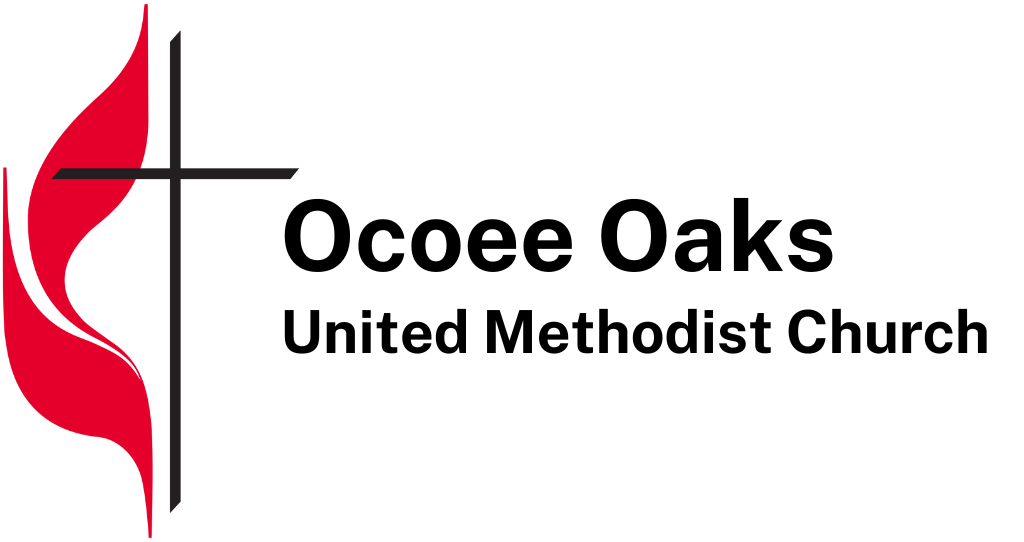Love Actively - A Deeper Dive
Part 3 of Wesleyan rooted
scripture: Mark 12:28-31
Message Summary
We continue our five-part sermon series Wesleyan Rooted with Part 3 and a discussion about loving actively. True faith requires actively demonstrating love through actions, not just words or beliefs. Unfortunately, even Christians sometimes fail to treat others with the loving kindness Jesus taught. Actively loving God is linked to actively loving one's neighbors and oneself.
In the Wesleyan tradition, we believe it is important to translate faith into loving action. Faith without works is dead. We view the Christian life as a dynamic journey rooted in a belief that works by love, leading to holiness of heart and life - active love of God and neighbor.
You can find a link to the full video of this week’s message below. Here are some of the key points:
Faith without works - James 2:14-26 teaches us that faith without works is incomplete, unfulfilled, and therefore dead. It also states that a person is justified by works, not faith alone.
Unreasonable hospitality - Author Will Guidara highlights in his book, Unreasonable Hospitality, the importance of considering others' perceptions as reality. He emphasizes that we should live in a way that inspires others to ask about our motivations for actively loving and caring for those in need.
Illuminators vs. Diminishers - In his book How to Know a Person, author David Brooks introduces the concept of 'illuminators' and 'diminishers.' Illuminators are curious, make others feel valued, and seek to understand perspectives through respectful questioning. Diminishers, on the other hand, are self-focused, make others feel insignificant, and make assumptions without seeking understanding. We should all strive to be illuminators in our interactions with others.
Living questionable lives - Michael Frost, another author who writes about living in a way that prompts questions from others, suggests that Christians should live 'questionable lives.' The kind of lives that inspire others to ask why they care for and treat others with such active love, even those whom society may consider enemies or undeserving.
Sacrificial Love
As Jesus taught his disciples about loving each other as he loved them, he further explained, “Greater love has no one than this: to lay down one’s life for one’s friends (John 15:13 NIV).” Jesus is emphasizing the ultimate expression of love - sacrificing one's life for others. It reflects Jesus' own sacrificial love as he was preparing to lay down his life for humanity. The verse also teaches us about the depth of true love, which involves selflessness, putting others first, and being willing to make the ultimate sacrifice for the well-being of others.
Giving up oneself as an act of love means prioritizing the needs, well-being, or happiness of others over our own desires or comfort. It involves self-sacrifice, where one is willing to give up time, resources, and personal goals or even endure hardship for the sake of another. This kind of love is deeply rooted in selflessness, humility, and compassion.
Christian love is not meant to be saved up and exhibited only in grand gestures. Genuinely loving others by "laying down" one's life means abiding in the love of Christ in a consistent, moment-by-moment approach.
